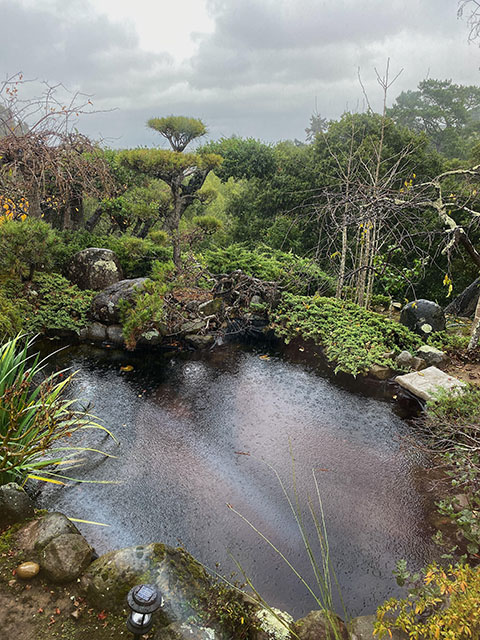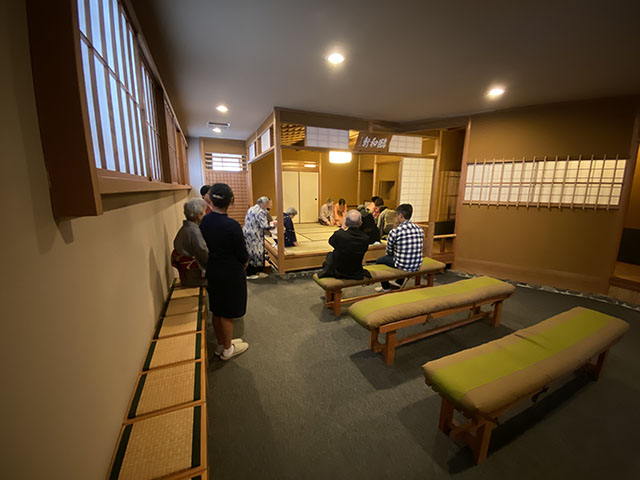It’s the end of the year, and the world of tea is bustling.
The office buildings and streets of San Francisco slowly empty, while the malls and shopping areas thrum with activity. In Japantown, the traditional sweet shops are pounding mochi, while practitioners gather in tea rooms to celebrate the end of the year.
Koto-hajime, the end of year preparations, are in full swing. Traditionally this period of preparation begins on the 13th of the month, which was my intended date for publishing this post. Alas, my own year-end preparations have made it later than intended.
The frigid breath of winter now blows through the Bay Area. The winter rains are upon us, providing a wonderful excuse to bundle up inside and practice tea. With the weather like this, I reach for the heartier teas in my collection–roasted oolongs from Fujian and ripe puer from Yunnan–but I also make space for bowls of matcha and pots of sencha. I crave the peace and focus of gongfu tea or matcha preparation to help me reflect on the year.
Truly, 2019 was a blur. I’m planning a separate post for full reflection on what’s transpired and what’s next, but I find the rapid passage of time quite astonishing. The truth of this saying strikes me in two ways:
光陰如矢
Kōin ya no gotoshi
Time flies like an arrow
Time flies straight, but it also arcs. It releases rapidly from the bow and flies ever onward, never reversing its direction until it strikes its target.
Looking at the arc of human life, one could say birth is the arrow’s release, and death its target. Life begins rapidly, and just as rapidly ends. In the greater context of things, time moves on even as our lives come and go within it.
「一とせを花よ月よと過し来て身に雪つもる果ぞ悲しき」
Fujiwara no Ariie (有家)
Hito-tose o / hana yo tsuki yo to / sugushi-kite / mi ni yuki tsumoru / hate zo kanashiki
A whole year has passed admiring cherry blossoms and the moon; then how sad it is to see me getting snow white!
If only the Bay Area experienced snow. (Then again, given how bad the drivers are here, perhaps its best that it doesn’t!) In the places where snow does fall, tea practitioners gather to celebrate the first snow. In the tea room, they sit and gaze upon the light layer of snow covering the ground. The flower vase is empty, as snow is also known as the six-pointed flower.
Here, we’ll have to settle for rain.

Buji (無事), which means “peace” and “quietness” but also “safety”, serves as an appropriate poetic name for the tea scoop and as a wish for the end of the year. Toshi-kure (年暮), meaning “sunset” or “dusk” but also “year-end”, is another lovely poetic name for the season.
So it is I wish safety, peace, and quietness for all of you in this busy year-end season.
